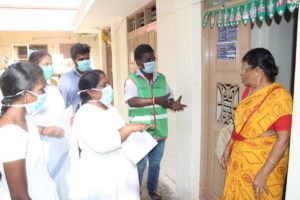 To prevent the virus spread, Chennai Corporation has been holding intensive mobile medical camps at various parts in the neighbourhood. Every day, at least one or two camps are held at each ward of the Corporation.
To prevent the virus spread, Chennai Corporation has been holding intensive mobile medical camps at various parts in the neighbourhood. Every day, at least one or two camps are held at each ward of the Corporation.
The location of the camp is decided the previous day. Mostly areas that have reported virus cases in the recent past are chosen for holding camp.
Camps are also held at random areas that have not reported virus cases.
On the previous night of the camp, animators will go door to door to inform people and mobilize them for the same.
Sanitary Inspector, animators, revenue officers, Urban Primary Health nurse together organise the camp the next morning. The camps start at around 10 am. The mobile vans, equipped with a mini stretcher, oxygen cylinder, and medicines for emergency treatment are used for ferrying the doctor and pharmacist to the camp location.
On the way, essential medicines are also picked up at the nearby Urban Primary Health Centre.
Says Dr Narendra Kumar, who has been deputed from Sivakasi town in Virudhunagar District to hold medical camps at Ward 124 in Mylapore, “The whole idea of these camps is to identify virus cases early and isolate patients with virus symptoms.”
On June 18, this doctor held a camp at Sathya Vani Muthunagar, a slum area off St. Mary’s Road, Mandaveli, that has reported a few virus cases.
Says the general physician, “At this camp, we screened over 150 residents for fever and other virus symptoms (sore throat, cough, breathlessness). And people showing such symptoms were referred for COVID-19 testing (throat or nasal swab test). ”
Explaining the screening process, the doctor says, “If people have a normal fever or common cold, we first give them tablets to cure the same. We also give them zinc, multivitamin tablets and kabasura kudineer to boost their immunity. However, if their condition persists for over three or four days, we refer them for testing.”
Those who test virus-positive are taken to government hospitals in a separate vehicle arranged by the Corporation.
“If its a case of asymptomatic positive (people who do not show virus symptoms despite being positive), the patients are advised home quarantine or facility quarantine at designated colleges.”Such cases surface when we test at random areas that have not reported virus cases. It also pops up when contacts of virus-positive persons are tested.”
“Our main focus is on seniors, pregnant women and those with comorbid conditions like heart disease, kidney problem or diabetes, as they are more vulnerable to COVID-19. Hence, if people in this category have the virus symptoms, we immediately send them for testing.”
During the camp, the animators ensure social distancing is followed by residents. We also insist people to wear masks through the screening process. We too wear masks, gloves and PPE kit while screening residents, he says.
The camps end at around 2 pm, after which the doctor and pharmacist are dropped off to nearby hotels where they are accommodated.”The mobile vans are disinfected after every pickup/drop.”
Every day, the doctor says such camps are held at a slum and non-slum area of each ward. “While there is 90 % cooperation from the residents of the slum areas, most people living in apartments are unwilling to get themselves screened. It will be good if all cooperate for fever screening.”
Dr Narendra Kumar also points out that people don’t wear a mask. “The residents be it at slums or residential areas wear mask only when they see us. Also, they tend to lower their masks while speaking. This should be avoided so that better virus containment is possible.”
- Picture: file photo; used for representation

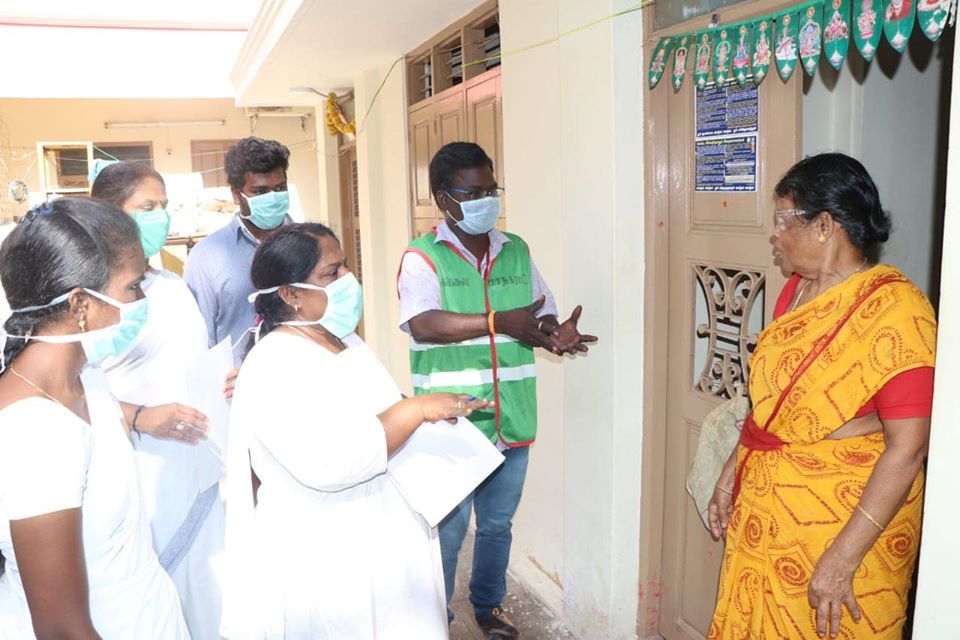
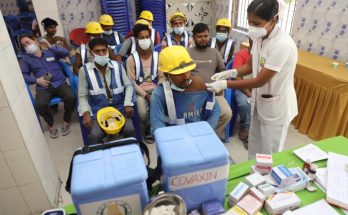
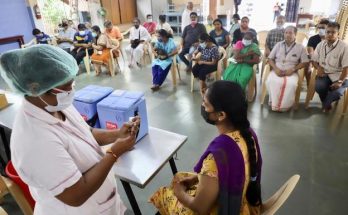
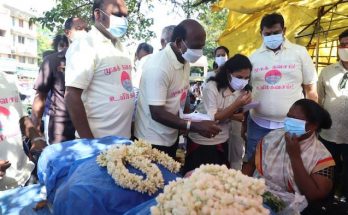
If cases are asymptomatic and they test only people who show symptoms what is the basis for identifying asymptomatic positive patients?